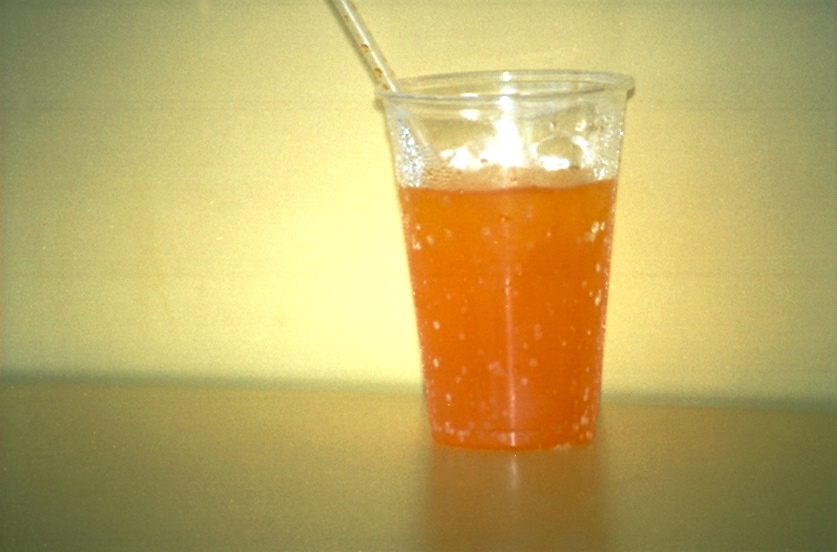Making Non-Alcoholic Beverages in Florida

Florida breweries, wineries, and distilleries can make food and non-alcoholic beverages as well, but the rules are different. Whether its soda, juice, bottled water, or bread, a different set of requirements and opportunities exists beyond alcohol.
Making Food & Non-Alcoholic Beverages Requires Different Licensing
Alcoholic beverage manufacturers in Florida–including breweries, wineries, cideries, and distilleries–are accustomed to the licensing requirements administered by the federal TTB and the state ABT. But there is an entirely different set of licensing requirements to make food or non-alcoholic beverages. Florida manufacturers cannot manufacture or package food or non-alcoholic beverages until they are licensed with the Florida Department of Agriculture and Consumer Services (FDACS) and registered with the US Food and Drug Administration (FDA).
Business wanting to manufacturer or bottle non-alcoholic beverages (including water) must first receive a Wholesale/Manufactured Food Establishment Permit issued by the FDACS. The Food Establishment Permit will be issued once the FDACS has confirmed that a manufacturer meets minimum construction standards and pays the appropriate food permit fee. The amount of the annual food permit fee ranges from $250 to $500 per year and depends on the type of food or non-alcoholic beverage that is being made. Application can be made online or by mail, but the application must be accompanied by confirmation of an approved water and sewage (or septic) system. FACS provides specific requirements and guidance depending on the type of food or non-alcoholic beverage produced.
Manufacturers must also register with the federal FDA prior to producing food or non-alcoholic beverages. Technically, alcoholic beverage manufacturers are also required to register with the FDA, but this step sometimes goes overlooked. Registering as a food facility is done online at the FDA’s registration portal. There is no approval process. Production can begin as soon as the manufacturer is registered (assuming it already has the state Food Establishment Permit). There is also no filing fee. A manufacturer is required to renew its FDA food facility registration every two years.
Food & Non-Alcoholic Beverages Require Different Labeling
While the process of being licensed or registered to make food and non-alcoholic beverages in Florida is generally easier than the process for alcoholic beverage manufacturing, compliance with labeling requirements probably is not. Unlike alcoholic beverage labeling, which is governed by the federal TTB, all food and non-alcoholic beverages must be labeled according to federal FDA regulations. The most significant regulations are federal nutritional label requirements.
Even for small manufacturers (less than $10 million in annual sales), the food labeling requirements are complicated. The FDA’s January 2020 Compliance Guide runs to 35 pages of detailed information, charts, and diagrams. Making things more complicated, the changes to food labeling requirements adopted in 2016 are still being implemented. Almost every month, the FDA puts out general and specific guidance for compliance with the new food labeling requirements. Manufacturers should check in on the FDA’s Food Labeling & Nutrition webpage often.
Food & Non-Alcoholic Beverages Can Be Sold Differently
The best news for alcoholic beverage manufacturers when it comes to producing food and non-alcoholic beverages is this: no franchise law. That is, manufacturers are not required to sell food and non-alcoholic beverages to distributors. Manufacturers are not prohibited from selling food and non-alcoholic beverages directly to restaurants, retailers, and consumers. If manufacturers do work with a distributor for the sale of food or non-alcoholic beverages, their relationship is not dictated by Florida’s Beverage Law. Manufacturers and distributors can have contracts that contain terms that they both agree upon, including terms relating to the termination of the relationship. Manufacturers are not required to grant distributors never-ending exclusive territories, and they are not required to buy their way out of an unproductive distribution relationship.
Manufacturers of food and non-alcoholic beverages–including Florida breweries, wineries, and distilleries–as long as their comply with state and federal licensing and regulations, are allowed to sell those products in any way they determine.
Do you have questions about manufacturing non-alcoholic beverages? Contact us at contact@brewerlong.com to schedule a consultation with a beverage attorney.
Because we’re attorneys: This blog post is provided on an “as is” and “as available” basis as of the date of publication. We disclaim any duty to update or correct any information contained in this blog post, including errors, even if we are notified about them. To the fullest extent permitted by law, we disclaim all representations or warranties of any kind, express or implied with respect to the information contained in this blog post, including, but not limited to, warranties of merchantability, fitness for a particular purpose, title, non-infringement, accuracy, completeness, and timeliness. We will not be liable for damages of any kind arising from or in connection with your use of or reliance on this blog post, including, but not limited to, direct, indirect, incidental, consequential, and punitive damages. You agree to use this blog post at your own risk. Regarding your particular circumstances, we recommend that you consult your own legal counsel–hopefully BrewerLong.

